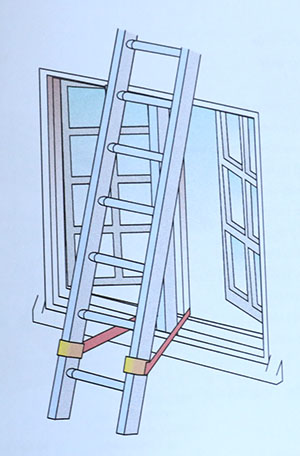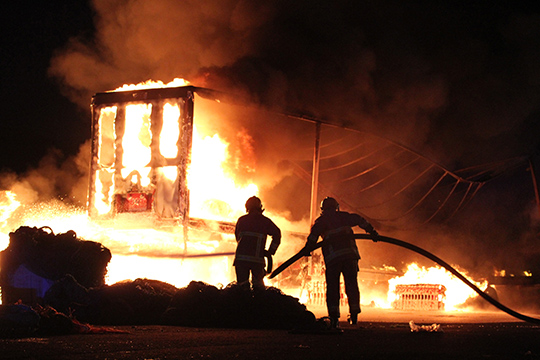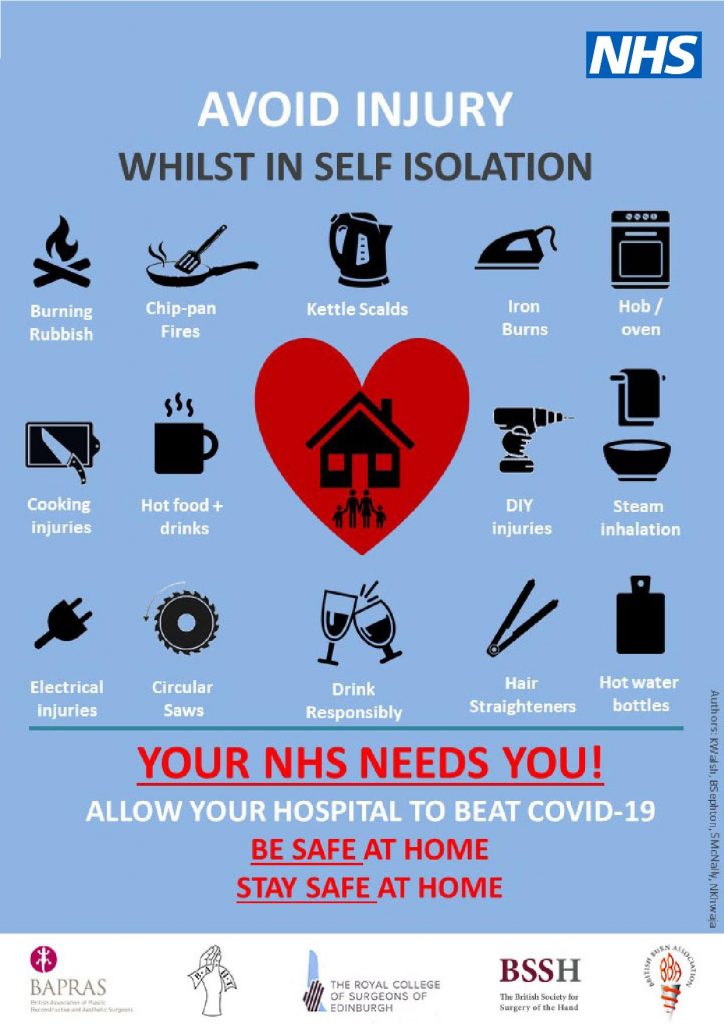Down News has put together some basic guidelines about being safe at home and work during the Covid-19 pandemic. It is not a comprehensive list but some main areas of risk are focussed on.
There are a number of key areas where you may wish to look over in you home or workplace to ensure you and your family or work colleagues are safe.
Health Minister Swann appealed to people who can drive as essential workers not to speed on quiet roads as an accident puts the ED’s under pressure in these difficult times. (See link at bottom or article.)
Even though we are focussed much on the Covid-19 predicament, we also need to watch our backs and each other in case we have an accident. It is not a good time to be ambulanced off to hospital as may be using up valuable ambulance resource and of course you are increasing your chances of catching Covid-19.
It is a time when people may be painting, doing do-it-yourself jobs, and engaging in frolicks in the garden. Human activity involves risk and with more people at home or possibly less people in your workplace, hazards may increase.

Safe Use of Ladders:
Hazard areas:
- can the work be done from the ground? If so, don’t use a ladder.
- If using a ladder, check it for defects before using.
- tether the ladder to something secure and/or stabilise it at the base.
- use on a level surface.
- do not over-reach.
- be careful or your foot slipping on a rung.
- note that aluminium ladders can conduct electricity.
- is the use of the ladder reasonable in relation to the height you are working at?
- is the supporting wall safe?
- avoid high winds.
- the ladder must be considered for any loads of tools or materials carried up it.
- there needs to be protection from falling objects.
- Trained workers should observe good practice such as wearing non-slip shoes, using both hands while climbing, and ensure rungs are clean.
- Tie a plank to the steps to prevent anyone unofficially climbing the ladder.
- store the ladder in a safe place to keep it in good condition, especially a wooden ladder.
Slips, trips and falls:
Slip hazards can be caused by:
- wet floors.
- floors covered in oil, grease, small pellets etc.
- weather conditions such as ice/snow/mud.
- improper footwear.
Trips are caused by:
- clutter at your feet.
- waste not being disposed of. Poor housekeeping is cause of over. half of trip accidents.)
- not following a ‘clean as you go policy’.
- poor lighting.
- worn, loose carpets.
- obstructions, low walls.
- trailing cables, wiring, extension leads over walking areas.
- sloping ground or floors.
- and improper footwear (not non-slip).
- poor awareness about safety.
- lack of regular inspections and checks.
Dangers of Electricity:
Main hazards are:
- electric shock.
- electric burns.
- electrical fires and explosions.
- arcing.
- secondary hazards.
- inadequate earthing.
- poor insulation.
- working / playing near electrical conductors.
- not switching off electric supply to make safe.

Fire safety: main areas where fire occurs.
- gorse fires.
- private garages.
- retail premises.
- commercial premises.
- restaurants, cafes, public houses.
- recreational centres.
- domestic homes.
Hazards from Fire:
- smoke *
- flames and heat.
- oxygen depletion.
- gaseous combustion production.*
- structural failure of buildings.
Be prepared:
- have a Fire Safety plan in place
- ensure everyone knows about it,
- ensure everyone knows where the exits are,
- and where the assembly point is.
- businesses should have a full fire risk assessment in place.
Fire can spread very quickly – be prepared – check your smoke detectors weekly.
First Aid:
- Providing first aid is mandatory for all businesses with more than 5 employees
- businesses must have a certified first aider present during working hours on the premises.
- adequate first aid supplies should be on the business premises, and also at home for emergencies.
- at work, an accident book should be in place.
- knowing how to phone 999 in an emergency could save a life.

Also, see previous links to mental health, Minister’s statement on accidents:
























